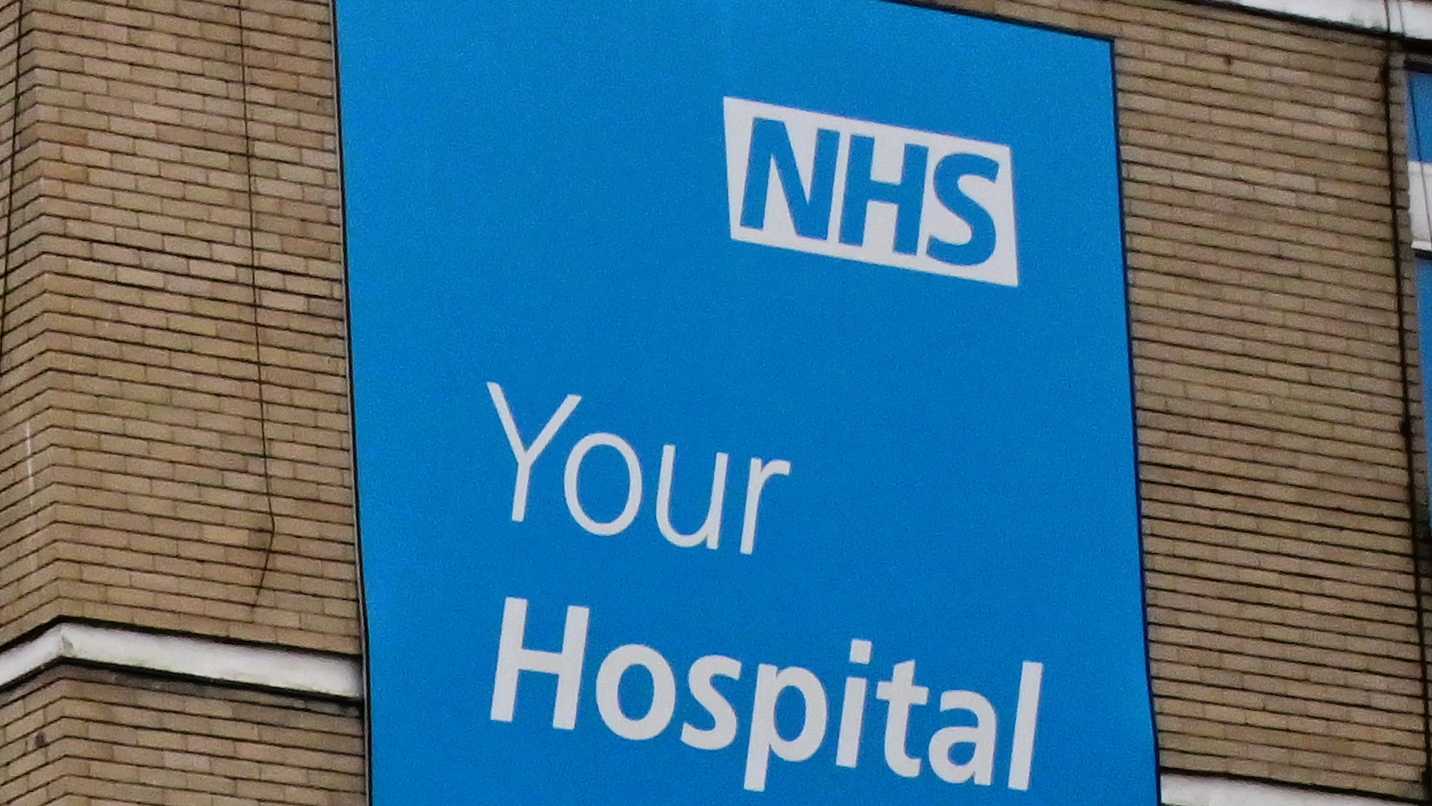NHS slashes cancer referral wait times
New figures released today show that despite continued demand for services, the number of people waiting over 18 months for NHS care in the UK has fallen again.
Thanks to the hard work of NHS staff across the country, the number of patients waiting more than 18 months for elective treatment has decreased by more than four fifths since its peak.
The latest data reveals that as of 19 March, a total of 20,101 patients were waiting over 18 months for elective treatment, down from 123,969 in September 2021.
Additionally, the number of people waiting longer than 62 days since their cancer referral has also decreased significantly, with 4,868 fewer people waiting last week (19,027 on 19 March) compared to just one month ago (23,874 on 19 Feb) and 14,923 fewer people since September (33,950 on 19 Sep).
This progress has been made despite the significant impact of industrial action, with more than 300,000 appointments affected since December, including around 175,000 during the three days of junior doctors’ strikes alone.
There is currently record demand for cancer services in the UK, thanks to the success of public awareness campaigns. More people than ever before are getting checked, and record numbers are starting cancer treatment, with over nine in 10 patients beginning treatment within one month.
In the last month alone, elective waits of over 18 months have been reduced by over two fifths (45%), with more than a quarter of acute trusts now having fewer than 10 of the longest waiting patients.
University Hospitals Birmingham NHS Foundation Trust has made excellent progress, with over 5,000 fewer 18-month waiters since the end of December – down 85% from 6,285 to 936. The trust has also managed to reduce the number of people waiting longer than 62 days since their cancer referral from 1,543 to 444.
Since February 2022, the NHS in England has treated more than two million patients who would otherwise have become 18-month waiters, allowing it to reach its current position.
NHS National Elective Recovery Director, Sir James Mackey, said: “Despite the impact of industrial action, covid, flu and a very difficult winter, it is clear that the NHS has done an incredible job on reducing the number of patients waiting 18 months for treatment.
“Ahead of the next milestone, these new figures show the remarkable work being done across the country with waits of more than 18 months now down four fifths on their peak, a reduction of over 45% in the last month alone.
“It is testament to the joined-up working across the NHS, with colleagues pulling together and widespread innovative measures being rolled out by trusts, that we have been able to cut the longest waits for patients”.
NHS National Cancer Director, Dame Cally Palmer, said: “These new figures out today show the significant progress NHS staff are making in reducing the backlog for patients who are waiting longest, now down 44% from an all-time high of 33,950 last summer – despite record levels of demand.
“Last year over 2.8 million people were checked for cancer and 322,000 started treatment, making it a record year for delivering cancer care – this is good news as it means there is more chance that we are identifying cancers at an earlier stage, when they are easier to treat – this action is ultimately helping us save lives.
“As ever, the NHS message is come forward if you have health concerns – it could save your life”.
Health and Social Care Secretary Steve Barclay said: “Cutting NHS waiting lists is one of the Prime Minister’s five priorities and we are driving forward progress with new one-stop shops that offer a range of checks, tests and scans closer to home, meaning patients are receiving the treatment they need as quickly as possible.
“Thanks to this, and a record £14.1 billion funding for health and social care over the next two years, the number of people waiting 18-months for NHS care has been cut by over 45% in the last month alone.
“As we continue to make progress on cutting waiting lists, we are using all the capacity available to us to improve care across the NHS and independent sector, and give patients more autonomy over when and where they are treated”.










